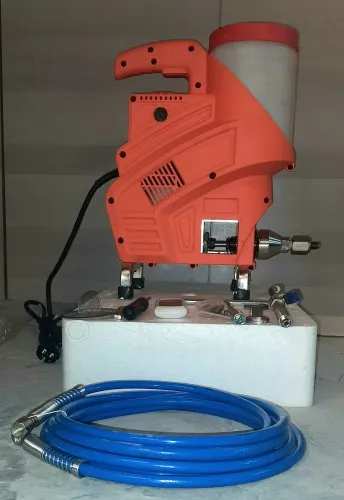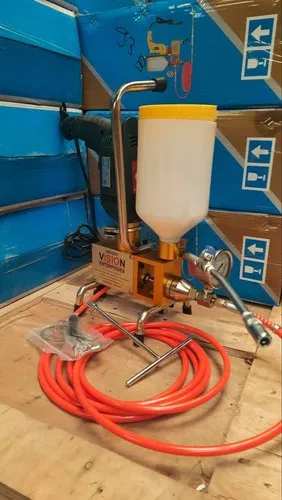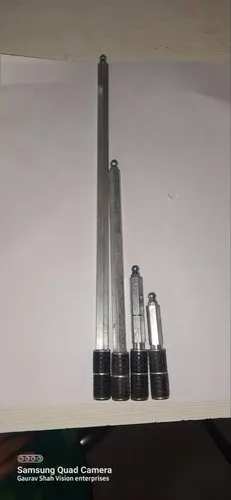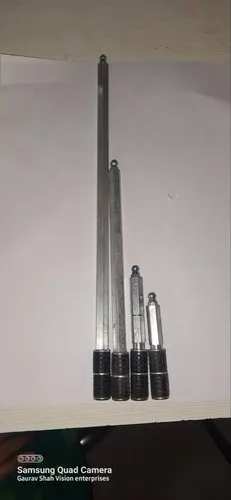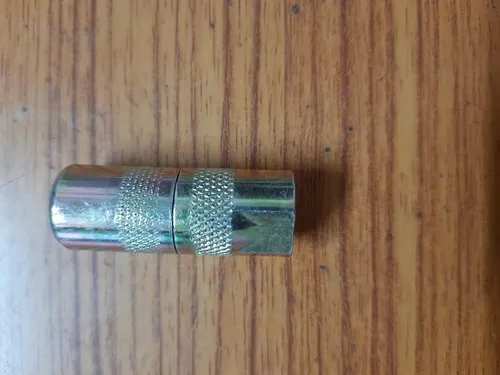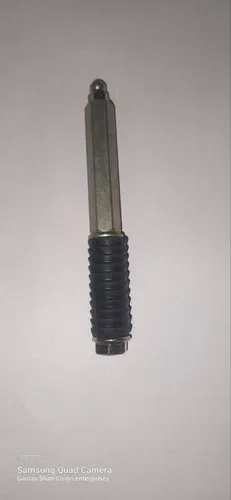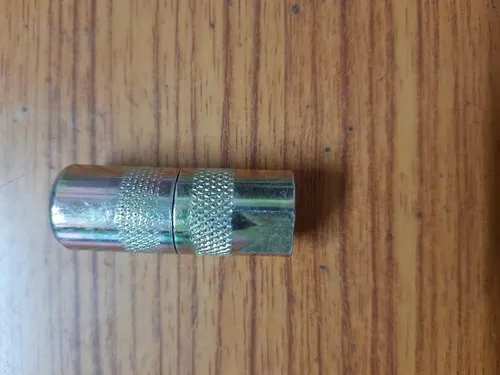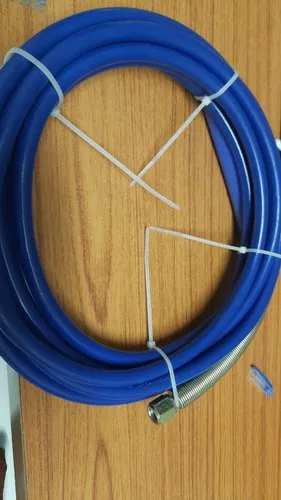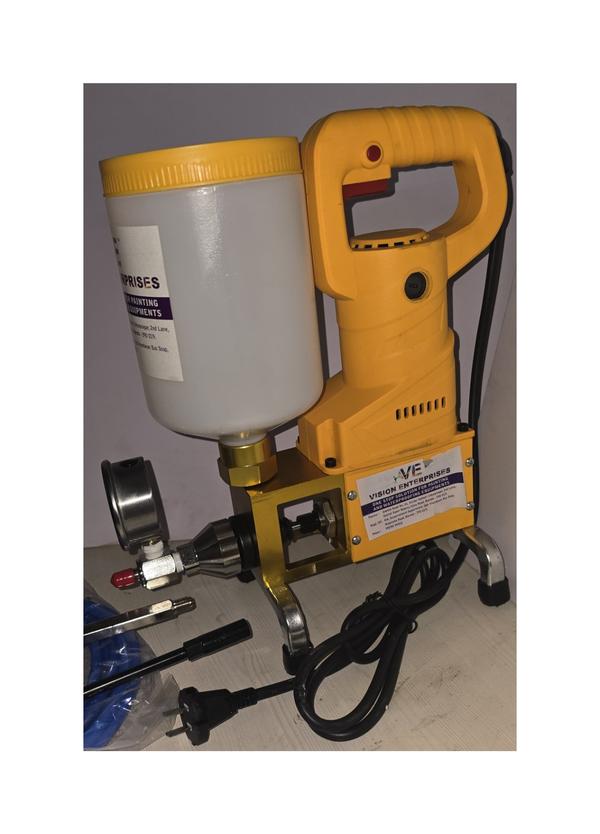Capacity: 1.1 Lpm Model Name/Number : Digital injection grouting machine -03 Gross Weight: 8 Kg Max Output Pressure: 500 Bar Pipe: 5 m Pressure: 4000 psi Usage/Application: Injecting Epoxy and PU Viscosity: 1.15 Injection grouting digital machines are advanced tools used to inject grout, a mixture of cement, sand, and water, into cracks and voids in concrete and other materials. Compared to traditional grouting methods, they offer several advantages: Precision: Digital control systems ensure accurate mixing ratios and injection pressures, leading to consistent and reliable results. Monitoring: Real-time data on flow rate, pressure, and material consumption allows for precise control and optimization of the grouting process. Data recording: Grouting parameters can be recorded and stored for future reference or quality control purposes. Versatility: Digital machines can handle various grout materials and work with different injection patterns and strategies.

